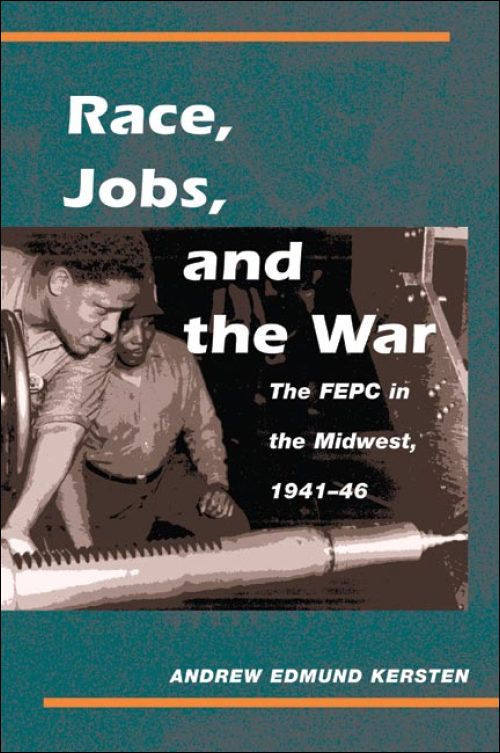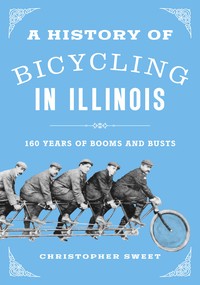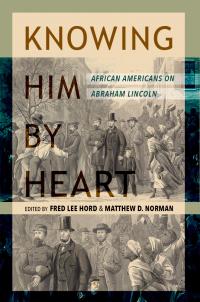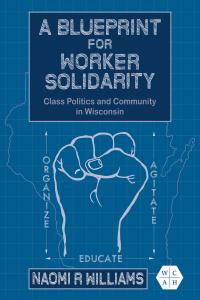
Race, Jobs, and the War
About the Book
In this rigorous and thoroughly documented study focusing on the pivotal Midwest, Andrew E. Kersten shows how a tiny government agency--the President’s Committee on Fair Employment Practice (FEPC)--influenced the course of civil rights reform, moving the United States closer to anational fair employment policy and laying the foundation for today’s contested affirmative action practices.Rejecting claims that black advancement during the war was due primarily to shortages of labor, Race, Jobs, and the War contends that the FEPC made significant strides in breaking racial barriers, settling complaints, and pursuing a vigorous educational campaign to foster more harmonious industrial relations between white and minority workers.
About the Author
Andrew E. Kersten is an associate professor of history and chair of the Social Change and Development Department at the University of Wisconsin at Green Bay.Reviews
"A detailed and compelling examination of the FEPC's ground operations in the midwestern states. . . . An important contribution to the literature on employment discrimination, African American protest, antidiscrimination policitics, and the federal role in managing wartime race relations."--Eric Arnesen, The Annals of IowaBlurbs
“Race, Jobs, and the War is a superb book, one that deftly illuminates the turbulent history of the FEPC.”--Clete Daniel, author of Chicano Workers and the Politics of Fairness: The FEPC in the Southwest, 1941-1945
"By moving policy history to the neighborhoods and states, this well-researched study illuminates the possibilities and limits of wartime liberalism. The FEPC emerges in all its complexity as a facilitator of black protest. Essential reading for understanding the pre-history of both equal opportunity and affirmative action."--Eileen Boris, author of Home to Work: Motherhood and the Politics of Industrial Homework in the United States
"Race, Jobs, and the War is a superb book, one that deftly illuminates the turbulent history of the FEPC. . . . [Kersten] not only succeeds masterfully in demonstrating how regional political, social, and racial sensibilities influenced the FEPC's work in the Midwest but also greatly facilitates our understanding of the critical ways in which a wartime expedient both informed and inspired the bolder civil rights movement that transformed postwar America."--Daniel, author of Chicano Workers and the Politics of Fairness: The FEPC in the Southwest, 1941-1945






